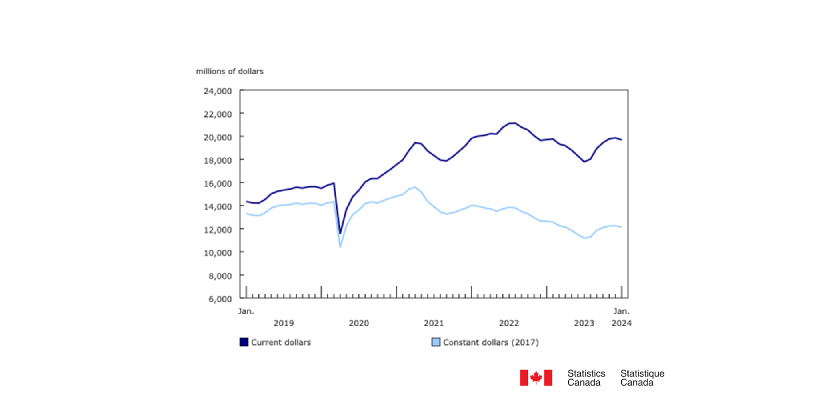Washing Away Terror, Indecision and Loss of Hope

Jan 22, 2018
By Keith Sones
One of the truly ironic things in life is that the events that shape us, make us stronger than we would be otherwise and define our adult selves are, frequently, bad things. At least they seem that way when they happen to us. As a child, you may have had a difficult time dealing with the divorce of your parents, then later realized it was for the best and learned to make sure your relationships are healthy. A prolonged illness might have kept you isolated from your school friends, through which you discovered your ability to be comfortable with yourself. Childhood poverty, always a tough circumstance for anyone, may have been the source of your work ethic and why you value ensuring your young family is safe and financially secure. It is, in large part, our experiences that mould us into the people we become.
During my childhood and early teenage years, both of my parents worked in the public school system. My teacher father and librarian mother strongly encouraged me to study hard, do well in school and make it my highest priority. Our house was full of books, which provided a wonderful window into the world, and as far back as I can remember there was no greater honour in our home than to be an academic whiz.
So work I did, and while not all subjects came as easily as others, the results made my parents proud. I found myself at the top of my elementary school classes and even achieved perfect attendance for the first seven years of grade school. Perhaps expectedly, the teachers reflected back to the rest of my classmates a “you need to be more like Keith” message. I was the classic teacher’s pet. Coming from an environment where this status was as good as it gets, I beamed. But there were dark clouds on the horizon and trouble was brewing.
The end of elementary school inevitably led to the introduction to junior high, which was a foreign world to me. Kids from across the district poured into the halls, smoking and drinking became mainstream, teen rebellion was in full swing, and the safe space I knew the year prior evaporated as fast as the smile on my face. While I wasn’t completely clueless (the stories of what happened in high school had of course circulated in years past), I was definitely not prepared for this new and frightening reality.
And one of the first lessons I learned is that reputations, like old habits, die hard. The nerdy, naïve kid, who had been publicly put on a pedestal by teachers made an excellent target for the bullies that seemed to operate with impunity in the hallways and schoolyard. That kind of kid also made for a risky friend, as no one wanted to be painted with the “guilt by association” brush and take the wrath of the tormenters themselves. The small cadre of friends I had from early grade school was swallowed up by this northern Canada version of Lord of the Flies, succumbing to peer pressure as well as venturing into new peer groups. I felt very alone.
At first, I was subjected to verbal abuse and threats more than anything else. A typical morning included a series of taunts and heckling about my appearance, social status, lack of sports prowess, and anything else that was open for insult. This derision always drew laughter from the students who loitered by the lockers and packed the corridors, with a few invariably joining in the “fun” with their own verbal lashing. Having seen the results that occurred when other kids in my situation challenged the aggressors by talking back, I quickly learned to just walk away, my ears red and shame draped across me like a medieval cloak.
When the daily oral onslaught didn’t generate enough of the desired effect, primarily me praising the ground my oppressors walked on, name calling escalated into a push in the classroom and a cuff across the head when no one in authority was looking. Even when a teacher or principal observed this behaviour, the impact was only negative. The brief “Hey, smarten up” comment from the supervisor only seemed to antagonize the tyrant, blaming me for getting him into trouble. Life at school had become barely tolerable. And then it got worse.
Our house was several blocks from the school, which made me open territory during the walk home. I had learned previously that showing up to school well before the first bell rang allowed me some reprieve as bullies seemed to be late risers, but after school they would wait for me to come off the school yard. No matter how late I left. The casual push and slap I had withstood at school just seemed to be the appetizer, with kicks, punches and group beatings as the main course. Curled into a ball on frozen ground being beaten while these guys laughed, I felt I had descended into the depths of hell.
The abuse continued, with school holidays and weekends my only solace, for the better part of two years. In the ninth grade, terrified and alone and not feeling I could talk to anyone, I stopped going to school. I was just too frightened. This absence went on until a school counsellor talked to my mother and asked where I had been, likely believing I was sick. Dumbfounded, my parents confronted me and I opened up, describing everything and crying like a newborn. My emotions were swirling. The day before I didn’t know if I had the courage to carry on with life, and now it was a cocktail of rage, fear, betrayal, loss and hope.
In life, there is on occasion one person that takes a stand to help someone who needs it. Even when it’s tough to do so. The school counsellor decided that in spite of the hard scrabble school environment, he would not let up until I had a safe place. To this day I don’t know all the steps that were taken, but the main protagonist ended up being expelled and facing youth criminal charges. One of my few chums had ended up in the hospital, beaten badly. Two others that year were less fortunate, dying by their own hand when they apparently felt that life was just too bleak. My situation had improved but one can’t live under the protection of others forever. My biggest concern was how I would survive if I were subjected to the same thing somewhere else. A new school, a new neighbourhood, the swimming pool. Anywhere.
During the summer before I registered for the tenth grade, something remarkable happened. I grew. A lot. I was about to enter a new school and my newfound height (now 6’1”) attracted the attention of the school basketball coach, who suggested I show up at tryouts. Me. Play basketball. He obviously had the wrong guy, but I went along, mainly to see if I’d wake up when someone pinched me.
And now the coincidence, one of those things that has a huge impact on your life but you don’t know it at the time. With the growth spurt my shoulders started to broaden, like wings unfolding. No, that’s not the coincidence, just a factor in the outcome. Here it is.
I was rummaging through my locker, in the hallway of the new school, getting ready to visit the basketball coach. Hearing footsteps, I looked up and watched one of boys who had taken pleasure in making my life completely miserable for years stroll around the corner. I honestly can’t describe what I felt, so let’s just call it intense. Seeing one of his former easy marks, he made a beeline for me and as he did, the old feelings of fear flooded my mind, blurring my vision. It was hard to see him getting closer, but the sound of footfalls told me the gap was closing.
He was within a foot of me, about to ply his former rough trade when my mind cleared faster than Beckham can bend a ball into the upper corner of the net. I had clarity, presence of mind, and a thought. A real, very practical, intentional plan. Wanna know what it was?
Really want to know?
Really?
Ok, this was my eureka thought.
“What do I have to lose?”
I moved much faster than he anticipated. My hands wrapped like vice grips around his collar, my new body lifting his weight surprisingly easily and spinning with the intentional focus of a figure skater. His feet a few inches off the floor, I slammed him into the locker and stared into his fearful eyes. “Leave me alone and don’t ever bug me again.” Not the most Shakespearian line I can imagine, but the point was made. He slumped down, mumbled something about being sorry and slinked away.
And that was it. Years of terror, indecision, crushed confidence and loss of hope, washed away in an instant. They say the big changes in life happen in seconds. True that.
The future after that fateful day? Made the basketball team, provincial all-star, academic confidence back, travel, met the best woman in the world (no offence to all of the wonderful women out there, just personal bias here), launched a rewarding career, and now enjoy wonderful industry colleagues.
Just like that.
So, why am I writing this very personal story in a technical trade publication? Actually, the parallels are striking and strong. We work in an industry, electrical and electronics, that for years moved a snail’s pace. Then the need for what we do exploded. Computers run our lives, the effects of old generation technologies are climactically clear, renewables are here and show huge promise, microgrids are being built, and electricity prices are scaling up faster than many can afford. All while many of our contemporaries are retiring and taking their immense knowledge with them.
But the answers to our problems and dilemmas are here, under our fingertips. In you, your co-workers, your colleague and yes, even your competitors. Found through a lifetime of research and experience, or at 3:00 am last night when you had the nirvana moment in light of last week’s seminar. There is no “they”, riding to the rescue on white steeds from the future. But we don’t need them, because we have us.
We all live in a commercial world, working hard to make money and advance our careers. And that’s all good. But when that opportunity arises, the one where you can make a real difference because of who you are and what you know, do it. Just do it. Share your knowledge, help a customer, make our industry safer, answer a question, debate a point, and help move the dial. Not always with the bottom line in mind, but just because it’s the right thing to do.
Because the impact you have might be huge.
I know.
Keith Sones is Vice President, National Business Development, The Valard Group of Companies.



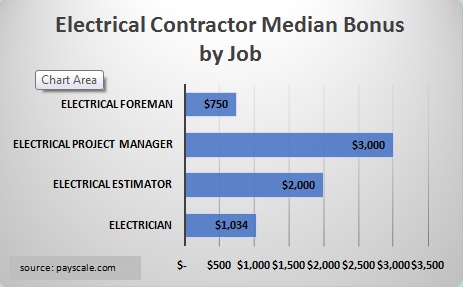


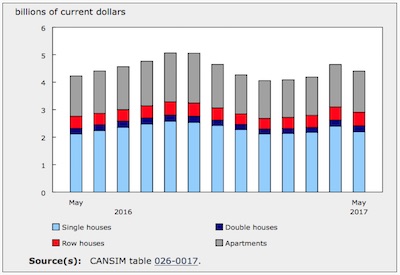
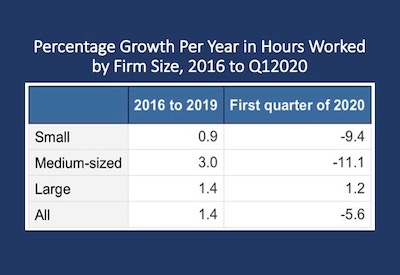
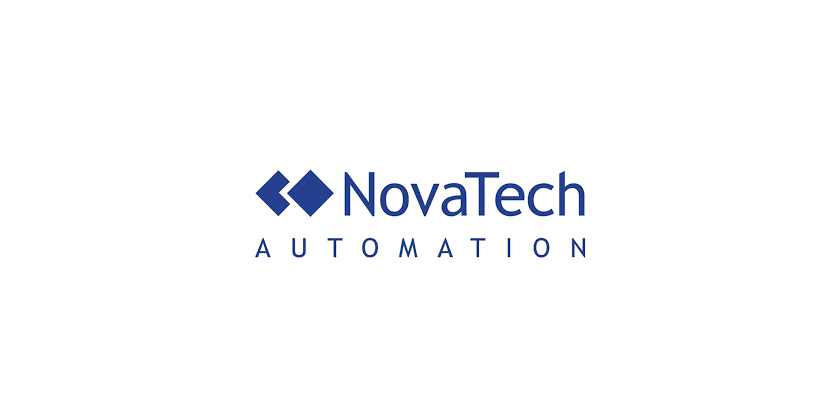
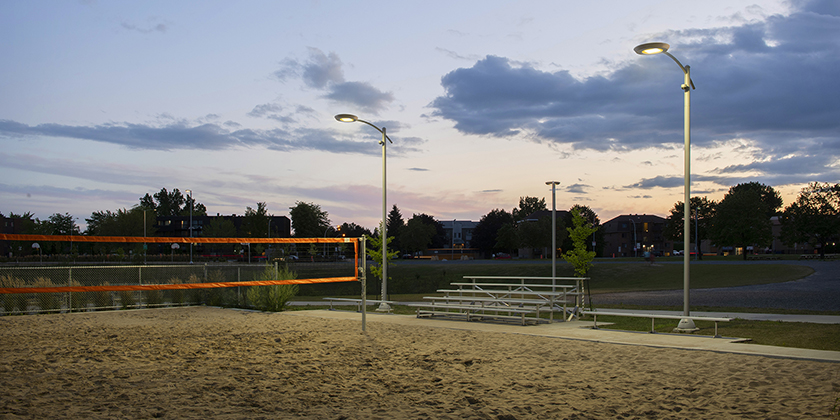
![Guide to the Canadian Electrical Code, Part 1[i], 26th Edition – A Road Map: Section 10 – Grounding and Bonding](https://electricalindustry.ca/wp-content/uploads/2022/11/Guide-CE-Code-2.png)
